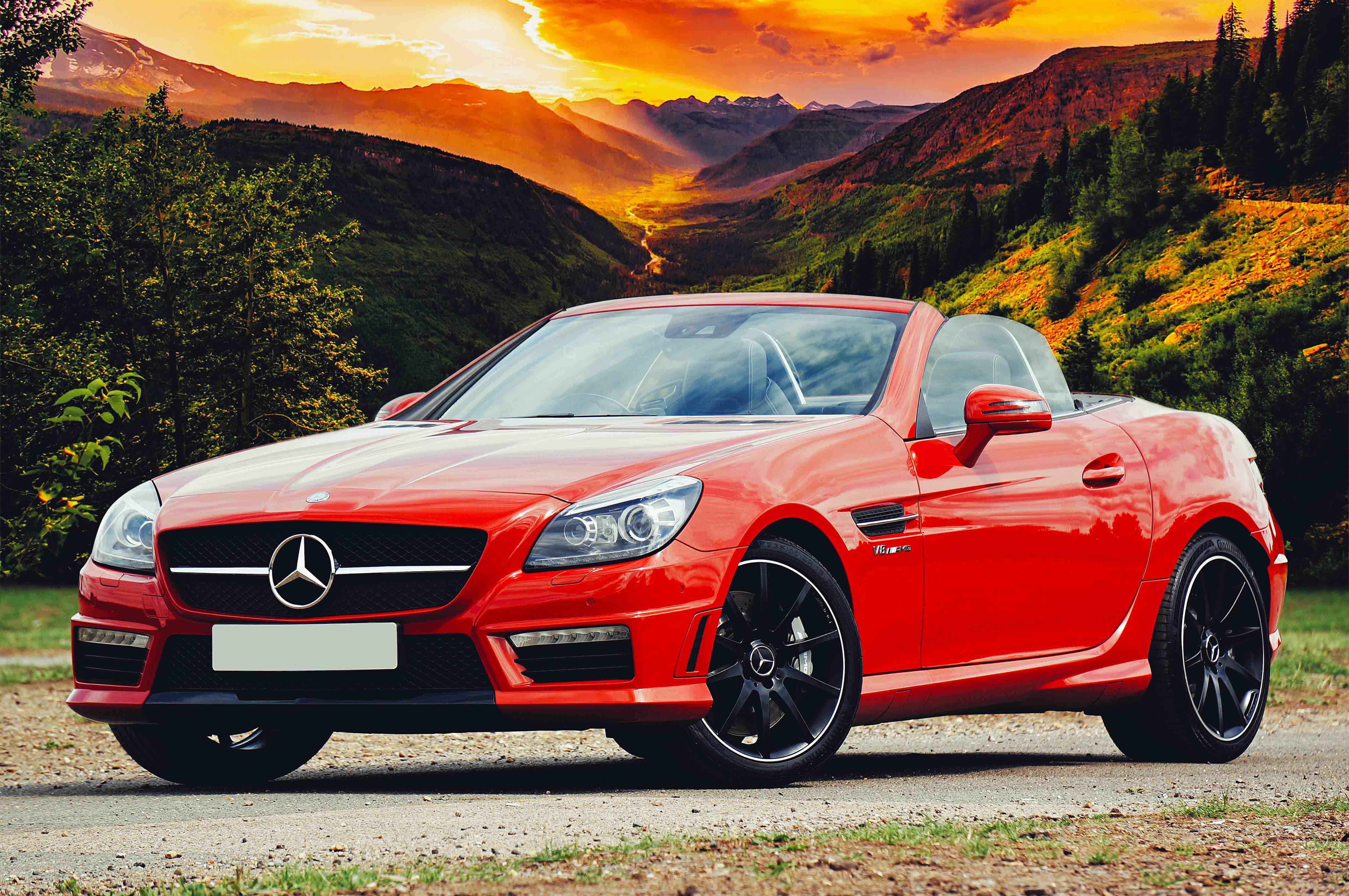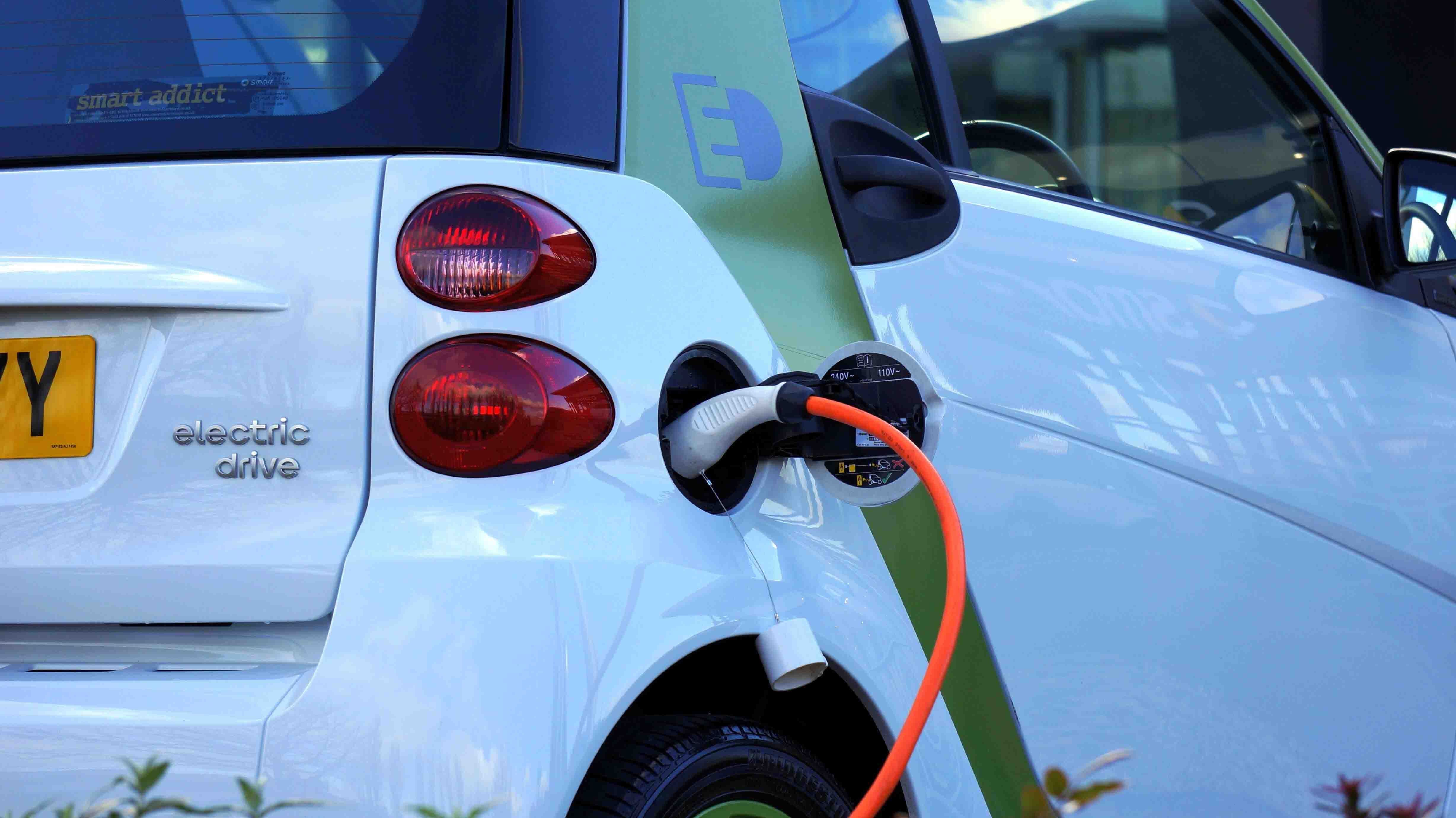In the first quarter (Q1) of 2025, the smart cockpit market in China is defined by two major trends of technological breakthroughs and the rise of China's local players. The adoption of cockpit domain control systems accelerates, with Desay SV leading the market with an 18.8% share, forming a duopoly with Bosch. In the cockpit domain controller chip sector, Qualcomm builds an ecological barrier with a dominant 75.2% market share. Meanwhile, local Chinese suppliers such as Huawei and SiEngine make significant technological advances, forming a growing force in import substitution.
In growing markets such as Head-Up Display (HUD), the local players, led by Foryou Multimedia together secure over 70% of the market share. In the Augmented Reality Head-up Display (AR-HUD) sector, local suppliers now dominate the full supply chain. In the integrated center console display market, local players like Desay SV and BYD have established a strong localized supply system. Meanwhile, iFLYTEK takes the lead with a 41.2% share in the smart speech solution market.
Overall, the market highlights the competitive advantage of leading players while showcasing the ability of local supply chains to break through in responsiveness and scenario adaptation. The wave of intelligence is driving the cockpit ecosystem’s evolution from isolated hardware components to fully integrated interaction.
Top cockpit domain controller suppliers
According to data compiled by the Gasgoo Automotive Research Institute, Desay SV leads the cockpit domain controller market in Q1 2025 with an installation volume of 344,152 sets, which represents a market share of 18.8%. The result reflects the company's dominance in the sector, with its products widely adopted by car companies.
Bosch ranks second with 183,602 sets installed (a market share of 10.0%), continuing to leverage its industry experience and technical strength to stay competitive. Other key players, including PEGATRON/Quanta (Tesla), Autolink, and ECARX, have also made significant strides, each securing a foothold in the market and contributing to the diversified competitive landscape.
Overall, the cockpit domain controller market continues to expand, with leading suppliers maintaining a clear edge. Meanwhile, competition is intensifying as new emerging players reshape the competitive landscape. Moving forward, the industry is expected to focus on technological innovation, cost control, and customer expansion.
Top brands of smart cockpit domain controller chip
Qualcomm leads the market with 1,394,027 units installed, holding a commanding 75.2% market share. This dominant position stems from its long-standing chip expertise and a broad collaboration network with various car companies, creating substantial technological and ecosystem barriers.
Next, AMD ranks second with 137,334 units installed (a market share of 7.4%), showcasing strong market competitiveness. China's local chip suppliers have also made notable strides, with Huawei installing 79,341 units (4.3% share) and SiEngine installing 78,443 units (4.2% share).
Together with other local suppliers, these companies illustrate the growing presence of Chinese chips in the cockpit domain controller sector. With rapid response, localized services, and advancing technology, they are gradually challenging the dominance of global players and gaining market share.
Other key players such as Renesas Electronics, SemiDrive, MediaTek, Samsung Semiconducter, NVIDIA, and Intel, also hold a certain market share. Overall, Qualcomm dominates the market, while China's local suppliers and other global players compete for the remaining share, shaping a market landscape of one dominant player among many strong contenders.
Top HUD suppliers
The HUD has emerged as a key growth driver in the smart cockpit sector. Foryou Multimedia leads the market with a 23.2% share (173,024 sets installed). With mature technology and strong reputation, Foryou Multimedia has formed partnership with numerous car companies, and its products are widely adopted across various vehicle models, further consolidating leadership.
DENSO follows in second place with 118,787 sets installed, holding a 16.0% market share. As a renowned supplier, its strengths in in technology development and quality control have helped maintain a stable market position. Other suppliers like New Vision, FUTURUS, and E-LEAD have also achieved notable results, all contributing to the industry's growing diversification.
Overall, the HUD market is characterized by a handful of leading players alongside intense competition among numerous suppliers. As the demand for smart cockpit grows, suppliers are expected to prioritize technological innovation, cost efficiency, and customer expansion, driving further market development.
Top AR-HUD suppliers
China’s local suppliers are playing a crucial role in accelerating AR-HUD adoption in vehicles. According to the rankings below, Foryou Multimedia leads with a 27.3% share (52,653 sets installed), providing high-quality products for numerous vehicle models.
E-LEAD follows closely with 44,709 sets installed, holding a market share of 23.2%. Crystal-Optech ranks third with a 19.8% share (38,157 sets installed), reflecting strong market competitiveness. These local suppliers continue to invest in technology advancement and product optimization, improving the display quality, stability, and adaptability of AR-HUD systems, thereby accelerating their adoption in the automotive market.
Huawei, with 22,949 sets installed (a market share of 11.9% ), brings fresh innovation to AR-HUD products through its expertise in intelligent technology. Other companies such as FinDreams Precision, Hirain Technologies, and Hefei Jiangcheng Technology also contribute to the market, collectively driving industry growth.
Overall, the AR-HUD market is dominated by China’s local suppliers. As technologies advance and costs decrease, AR-HUD systems are expected to be applied to more vehicle models, with competition set to intensify.
Top integrated center console display suppliers
According to the rankings below, Desay SV leads the market with 1,068,350 sets installed (a 22.8% market share). It has gained high recognition across the industry, due to its innovative research and development (R&D) strength and comprehensive product lineup.
BYD ranks second with 679,692 sets installed (a 14.5% market share). As both a vehicle manufacturer and a component supplier, BYD develops components in-house for its own vehicles, while also supplying them to other brands. Other indigenous suppliers, including HSAE, Foryou General Eletronics, BICV, HIWAY, and BOE, have also secured a certain share of the market, reflecting the strong momentum of local suppliers.
This local dominance stems from their deep understanding of domestic market demand, fast response capabilities, and steadily advancing technologies. As smart cockpit technologies continue to evolve, competition in the integrated center console display market is set to intensify. With their homegrown strengths, Chinese suppliers are well positioned to grow their share and help drive industry innovation.
In the integrated LCD instrument cluster market, Desay SV leads with 681,340 sets installed (a 15.5% market share). Continental AG, BYD, and Visteon follow closely with similar market shares of 8.7%, 8.7%, and 8.6%, respectively. As major players, they bring strong R&D capabilities and manufacturing expertise to the sector.
Continental AG, with its global footprint and broad product portfolio, has strong influence in the international market. BYD leverages its automotive manufacturing strength to supply LCD instrument clusters internally while expanding to external clients. Visteon, known for its innovative and advanced design, has firmly kept its position in the market.
DENSO, Foryou General Eletronics, and HSAE actively compete by continuously improving product performance and optimizing cost. Other suppliers, such as Bosch, LG Electronics, and Nissei Display, are also strengthening their positions in the LCD instrument sector.
Overall, competition in the LCD instrument market is heating up. While leading players hold certain advantages, the gap between suppliers is narrowing. In the future, competition will continue to escalate in fields such as innovation, cost efficiency, and customer expansion, driving the advancement and dynamically reshaping the market landscape.
Smart speech solution is increasingly becoming a standard feature in automotive cockpit. According to the rankings below, iFLYTEK leads with a 41.2% share (1,714,172 sets installed), backed by strong technological capabilities and broad market coverage. Cerence and AISpeech follow in second and third places, with 649,710 sets and 616,397 sets installed, respectively, securing 15.6% and 14.8% of the market share.
China’s local suppliers have shown outstanding performance, with companies such as Baidu, Huawei, and ECARX cracking the rankings alongside iFLYTEK and AISpeech, highlighting their strong competitiveness.
Overall, the smart speech solution market is characterized by a leading group of companies with many players competing for share. As automotive intelligence continues to advance, smart speech technology will continue to evolve, with competition set to intensify.



